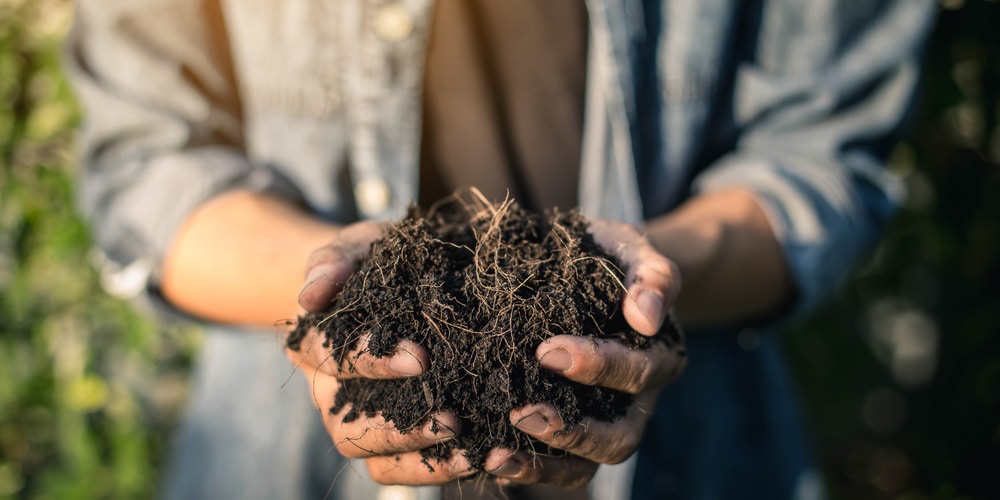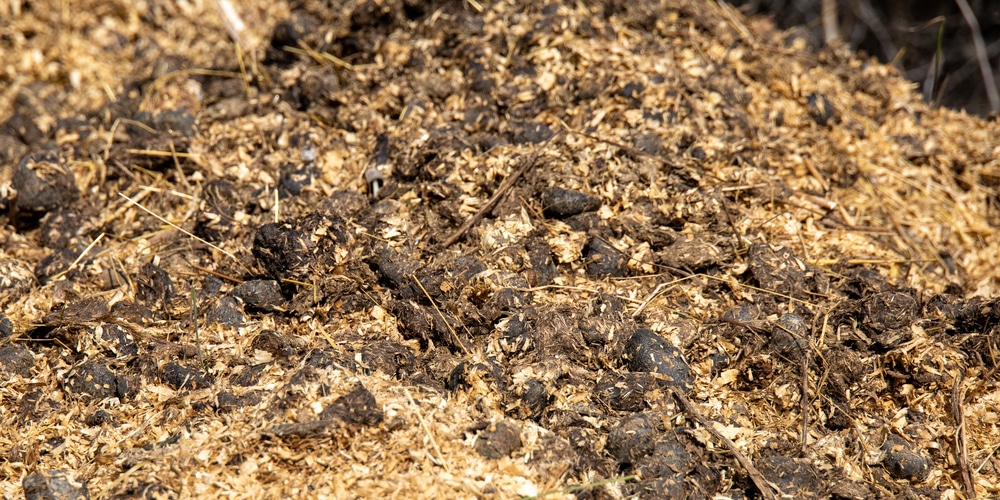If you want to make your garden soil rich, you must compost it. Composting is breaking down organic matter into a nutrient-rich soil amendment. This can be done in several ways, but heating compost is one of the most popular methods.
Heating compost speeds up the decomposition process and helps break down tougher materials. Let’s get started!
The Science Behind Heat And Compost

Composting has been nature’s process for centuries to break down organic matter. Composting can be an excellent way to reduce waste and create nutrient-rich soil for your garden when done correctly. The key to successful composting is understanding the science behind the process.
When organic matter decomposes, it releases heat. This is caused by the breakdown of complex molecules into simpler ones. The amount of heat released depends on the type of material being decomposed and the size of the particles. Smaller particles will decay faster and generate more heat than larger ones.
As compost decomposes, the temperature will rise and fall as the material breaks down. The ideal temperature range for composting is between 60 and 70 degrees Celsius. If the temperature gets too high, the compost will stop decomposing. If it gets too low, decomposition will happen very slowly. Maintaining the correct temperature is essential for efficient composting.
Composting also requires air and moisture. The microorganisms that break down organic matter need oxygen to thrive. If the compost is too wet, there won’t be enough oxygen, and decomposition will slow down. If it’s too dry, the microorganisms will die. The ideal moisture content for compost is between 50 and 60%.
Now that we’ve covered the basics let’s start heating our compost!
How to Heat Up Compost
There are a few different methods that you can use to heat your compost. Here are a few ways to turn the heat up:
Turn the pile
This is the simplest way to heat your compost. Every few days, turn the pile with a shovel or pitchfork. This will aerate the compost and help it decompose faster.
Add nitrogen-rich materials
Adding nitrogen-rich materials like grass clippings or food scraps will help speed up the decomposition process. Nitrogen is an essential element for microorganisms, and adding it to the compost will boost them.
Build a hot compost pile
If you want to generate a lot of heat, make the pile bigger. This is done by layering green and brown materials in a ratio of 30:30:30. Green materials are high in nitrogen and include grass clippings and food scraps.
Brown materials are high in carbon and have things like leaves and twigs. You can also add a layer of manure to the hot compost pile. This will add even more nitrogen and help speed up the decomposition process.
Add garden soil
Adding garden soil to the compost pile will help the microorganisms thrive. The soil contains beneficial bacteria and fungi that will help break down organic matter.
Water the compost
Making sure the compost is moist is essential for proper decomposition. If it’s too dry, the microorganisms will die. They won’t have enough oxygen to thrive if it’s too wet. Water the compost pile every few days to keep it moist.
Cover the compost
Adding a layer of straw or leaves on top of the compost will help retain moisture and prevent evaporation. This will also insulate the pile and help it keep heat.
Check the temperature
Use a thermometer to check the temperature of the compost pile. The ideal range is between 60 and 70 degrees Celsius. Turn the pile to aerate it and cool it down if it gets too hot. If it’s not hot enough, add more nitrogen-rich materials or cover the compost to insulate it.
How to Heat up Compost: Conclusion
Heating compost doesn’t have to be complicated. You can create nutrient-rich soil for your garden by following these simple tips.
Happy composting!
Related article: Why Does My Compost Have Mold?
